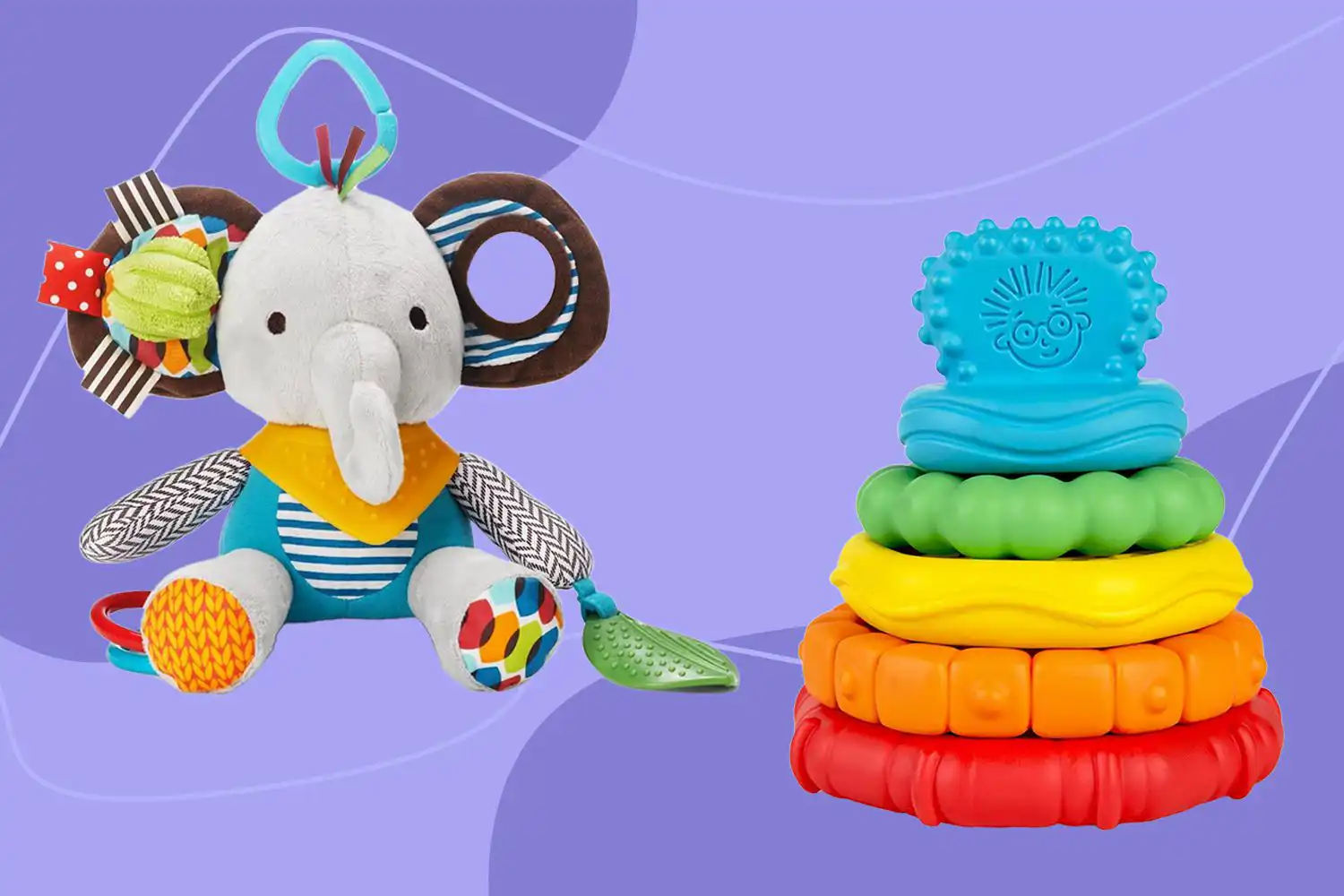Toddlerhood can be both exhilarating and nerve-wracking, similar to organizing playdates for your little one. Which indeed can be quite daunting or delightful, depending on how you view it. But it's essential to acknowledge how beneficial playdates can be for children at different developmental stages.
The informal nature of these play sessions aid your toddler in becoming comfortable in the presence of other children of similar ages. According to the American Academy of Pediatrics, play is the primary method through which toddlers learn. Playdates also contribute to fortifying your child’s social skills, even in the phase of parallel play.
The establishment of these social skills forms the bedrock for building strong friendships in the future. A smooth running playdate is always a joy for everybody involved. Of course, one cannot promise that there won’t be any unforeseen tantrums, but there are measures you can take to ensure a fun time for all.

When is a good time for toddlers to start having playdates? The simple answer to this is: as soon as you feel comfortable. Regardless of whether your toddler is a year old, two years, or older, beginning early never harms. However, one should keep expectations minimal at this stage as toddlers interact differently compared to older kids.
Play during this phase is more side-by-side, with kids exploring toys on their own rather than collaboratively. This type of parallel play is typical and healthy. Toddlers observe their playmates and even duplicate their actions, establishing the groundwork for future, more interactive play.
Fun Playdate Ideas
Planning activities that let toddlers play side-by-side, without any sharing stress, is beneficial. Turning on some music for a small dancing session can be a fun distraction for the children. On a pleasant day, going outside to blow and catch bubbles could also be a fun activity. Cooking sessions, making music together, drawing sessions, and games with toys can also make for good play activities.
Ensuring Smooth Playdates
Keeping your expectations realistic is critical for a successful playdate. Disagreements and minor meltdowns are just part of the toddler experience. Plan playdates for about an hour or an hour and a half, ideally when your toddler is well-fed and not overly tired. As a parent or caretaker, ensure to stay close during the playdate but allow the kids to explore on their own.
Even when the playdate doesn't go as planned, don't lose heart. Toddlers are easy to distract, and switching activities can quickly reset the mood. Make a warm and welcoming environment and help your child navigate these social interactions.
Final Words
Toddler playdates are an excellent opportunity for your child to interact with kids of their age and nurture early friendships. Repeated positive exposures to such social interactions help your child to grow more comfortable in the company of other kids. Even solo play during these times is beneficial for them. Soon enough, you'll be amazed by the complex games of make-belief they invent.